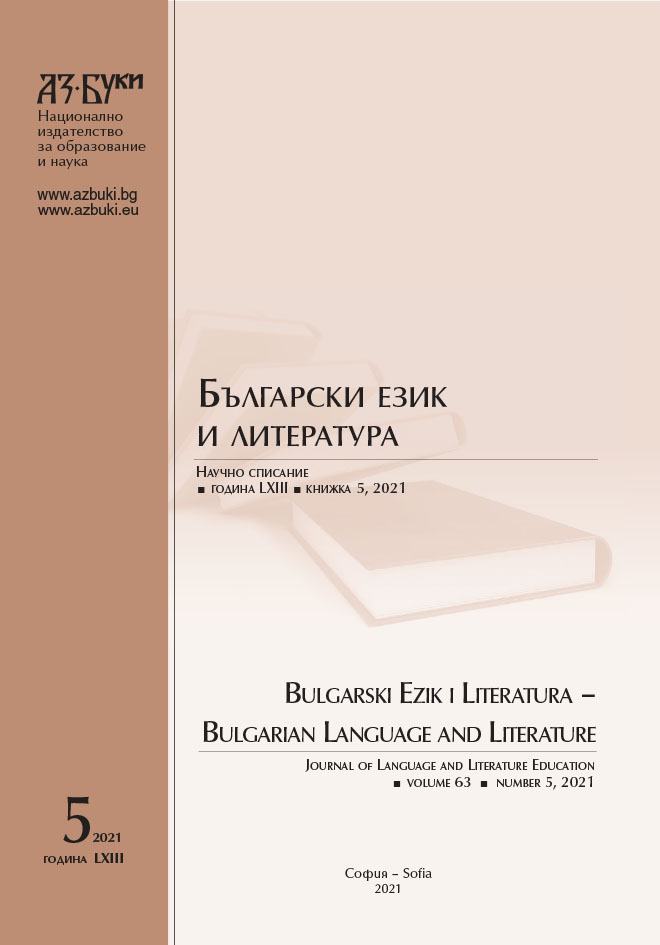Категориални и некатегориални значения на рода, числото и падеа при личните местоимения (руско-български паралели)
Categorial and Non-categorial Meanings of the Categories of Gender, Number and Case of Personal Pronouns (A Russian-Bulgarian Juxtaposition
Author(s): Encho TilevSubject(s): Social Sciences, Language studies, Language and Literature Studies, Education, Foreign languages learning, Applied Linguistics, Language acquisition, Eastern Slavic Languages, Vocational Education, Adult Education, State/Government and Education, Translation Studies, Inclusive Education / Inclusion, Stylistics, Distance learning / e-learning
Published by: Национално издателство за образование и наука „Аз-буки“
Keywords: gender; number; case; pronouns; non-categorial meanings
Summary/Abstract: The object of this study are the categories gender, number and case of personal pronouns in Russian and Bulgarian. It is well known that the two languages have a common genealogy, which determines the presence of many similarities in their grammatical structures. While the verb as part of speech, for example, has significant differences, Russian and Bulgarian personal pronouns function in a similar way. The categorial and non-categorial meanings are considered entirely in the theory of functional grammar of A. V. Bondarko, and in Bulgarian linguistics Ivan Kutsarov was the first to work in this scientific paradigm. In the present study, which is part of a comprehensive study of categoriality and non-categoriality in the language, the emphasis is put on the manifestations of non-categoriality, but for this purpose, part of the categorial meanings is also presented. The main approach is comparative.
Journal: Български език и литература
- Issue Year: 63/2021
- Issue No: 5
- Page Range: 487 - 496
- Page Count: 12
- Language: Bulgarian
- Content File-PDF

